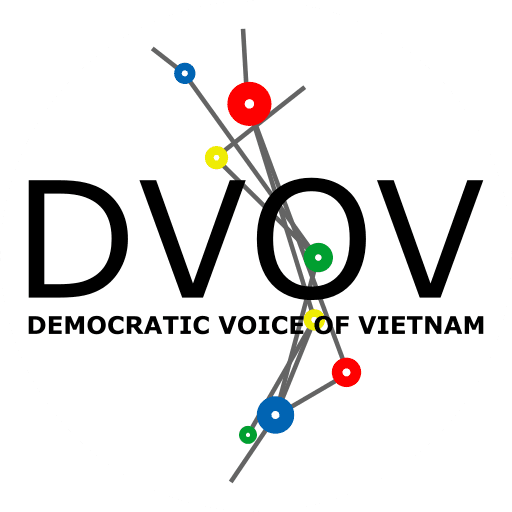A scandal-ridden party lashes out at dissent and tries to tackle corruption
EARLIER this month Vietnam’s courts handed out long jail sentences to 14 young democracy activists and bloggers accused, on the flimsiest of evidence, of subverting the state. Even by the sorry standards of the country’s Communist Party of Vietnam (CPV) rulers this marked a new low of pitiless, disproportionate repression. Their main transgression seems to have been nothing more belligerent than to attend a training session in Bangkok run by a banned political party.
The CPV might have meant the show trial as a sign of political strength, to intimidate any opposition, but most Vietnamese read the event more cynically—as an act of desperation by an increasingly paranoid party. Despite the economic progress brought by a quarter-century of reform and relative openness, the CPV risks losing the moral authority it needs to rule.
Since the press is utterly under the government’s control, the crackdown on dissent is largely directed at the internet. At one point Vietnam was estimated to have at least 2m blogs—mostly chatting about innocuous “lifestyle” themes, but with a significant number covering sensitive social, economic and political issues in ways the party did not like. The crackdown has increased in ferocity over the past two years, apparently in direct proportion to the country’s mounting litany of problems. In terms of internet freedom, Vietnam now ranks near the bottom of global league tables, just above China and Iran. In a region of fast-changing reform, notably in Myanmar, Vietnam more than ever looks like a political dinosaur—and one heading in the wrong direction, too.
